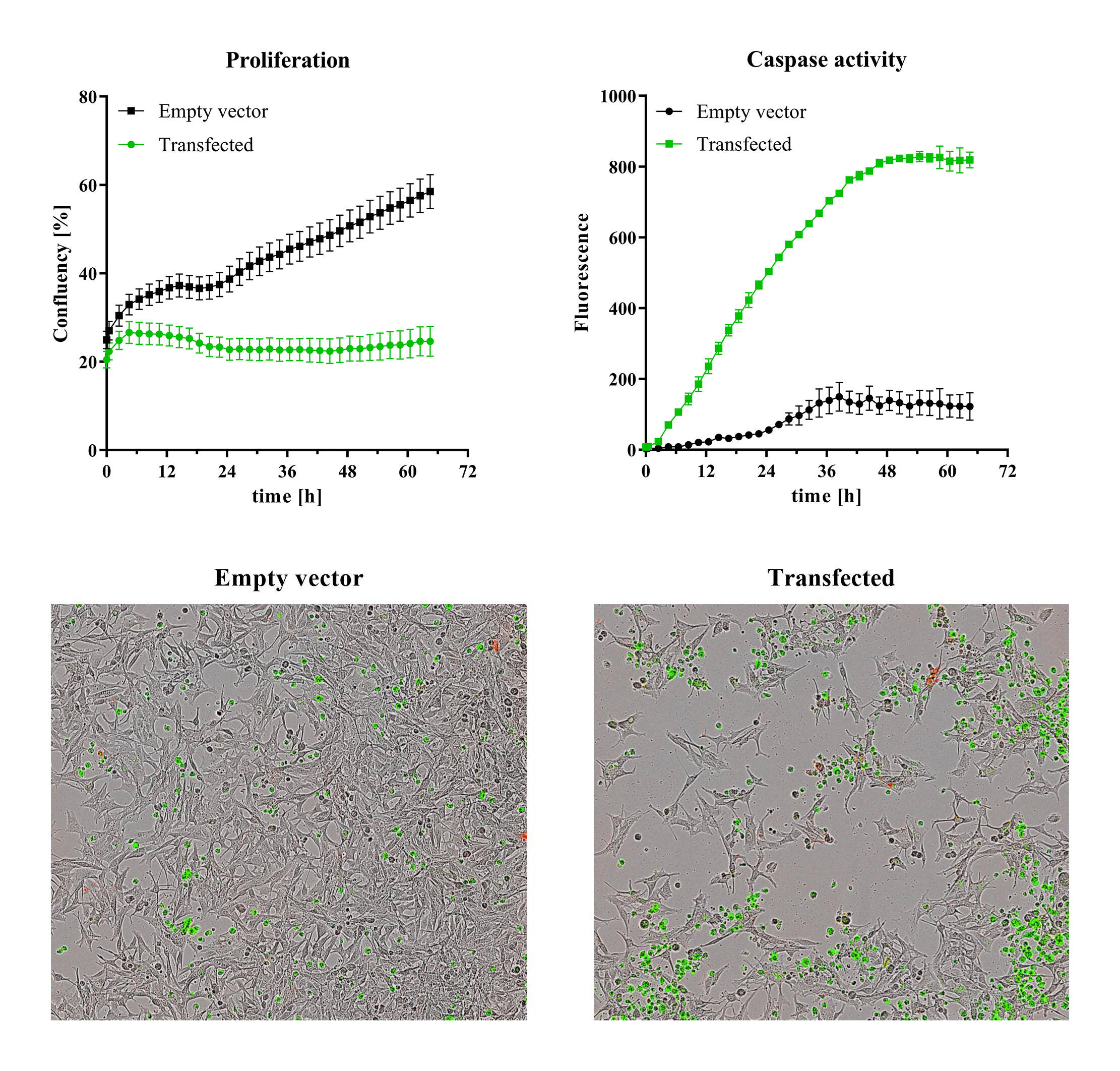In vitro screens are an essential prerequisite for evaluating drug candidates, combination therapy options and anticancer immune therapeutics. EPO has a long-term experience in preclinical in vitro testing in 2D as well as in 3D settings. For this, a broad panel of human and murine cell line derived models covering both solid cancer and liquid cancer entities are available. We offer state-of-the-art in vitro cytotoxicity, proliferation, apoptosis, and immune mediated tumor cell killing assays to determine efficacy of therapeutics with different mechanisms of action.
Human and murine cancer cell collection
EPO has a large collection of human cancer cells lines, covering entities such as colon, breast, pancreas, lung cancer, glioblastoma, leukemia or lymphoma. In addition, several murine tumor models such as breast, colon, lung or renal cell cancer and melanoma cell lines are available for in vitro testing. These in vitro models can also be used for our in vivo pipeline for extended drug testing.
2D and 3D models for in vitro screening
EPO offers in vitro screening in 2D as well as in 3D in a drug concentration and time dependent manner using luminescent and colorimetric assays. The screening approaches are tailored for the specific study requirements and include the following:
- Analysis of tumor cell proliferation and drug cytotoxicity
- IC50 determination
- Cellular apoptosis assays
- Determination of antibody-dependent cell-mediated cytotoxicity (ADCC) and complement-dependent cytotoxicity (CDC)
Live cell imaging (IncuCyte®)
EPO has recently extended its in vitro portfolio by automated live cell imaging with the IncuCyte® system. Live cell imaging allows qualitative as well as quantitative analyses to evaluate drug action in single- and multiwell formats using both HD phase contrast and fluorescence.
Among others, the following analyses can be performed:
- Cell proliferation upon drug treatment
- Cell cycle analysis
- Determination of apoptosis (Annexin V positivity, caspase activation)
- Evaluation of immune mediated tumor cell killing
- Determination of membrane permeability via Ca-influx
- Tumor cell migration
- Spheroid growth
Molecular analyses
EPO provides molecular analyses to identify and to verify molecular target expression on a RNA and protein level. These methodologies are well established and allow qualitative as well as quantitative analyses, such as:
- Quantitative real-time PCR (qPCR)
- Quantitative mRNA expression analyses (qRT-PCR)
- Western-blotting
- ELISA
- Dye exclusion/accumulation assays


